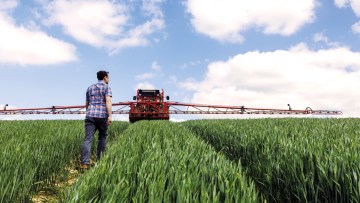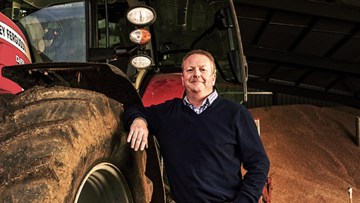SPRING 2024
On Farm with Richard Budd
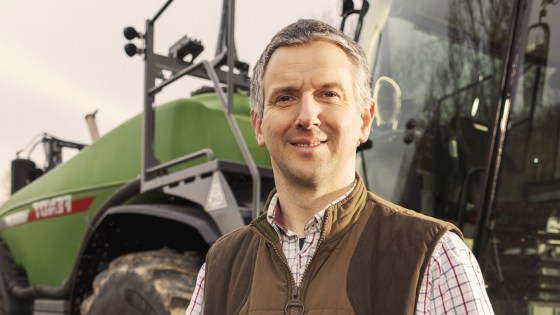
About Richard
Richard Budd farms at Stevens Farm Hawkhurst Ltd in Kent where the team operate 1400 hectares of arable crops, 100 hectares of fruit and 100 hectares of grass. The rotation is mainly made up of winter crops – oilseed rape, beans, barley and wheat – with spring crops just consisting of oats.
He is passionate about improving soil health and ensuring the condition of the land is the best it can be to ensure crops have a strong chance of good establishment and growth.
“Our rotation is a result of farming on Wadhurst clay which we’ve chosen to direct drill for the past decade or so, currently using Sumo DTS and DD direct disc drills. We chop all straw and return residues to the soil as well as applying a lot of organic manures and digestates.”
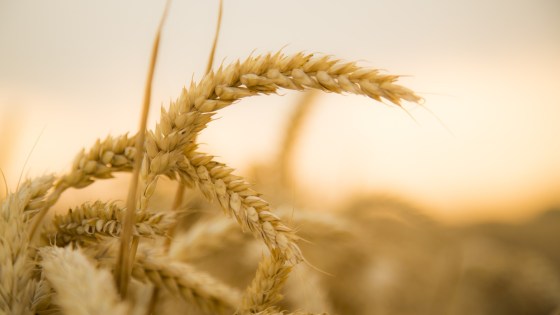
Resilient Disease Control
For Richard, Resilient disease control means adopting a range of approaches, adapting to the season and conditions, and ensuring that you do everything you can to protect your crop.
“Variety choice is key but you also need a good, robust programme. And that needs to be across a number of modes of actions to make sure you don’t rely on one particular product solely.
“The other element is timing, and make sure you’re as tight as you can be, and you get them as right as you can.”
“It’s taking this hand-in-hand approach between genetics and chemistry which will help to preserve the plant protection toolbox and avoid abusing what we have. This is vital because we have to avoid yield-robbing latent septoria.”
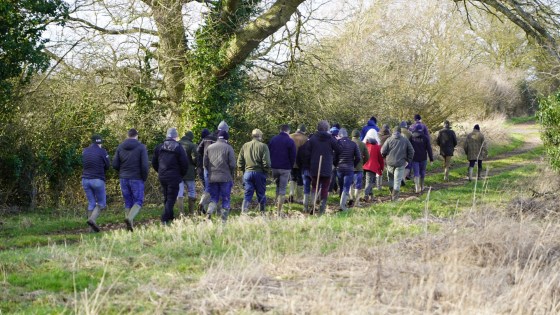
Involvement with Real Results
Richard has been involved in Real Results since the launch and alongside meeting other growers and sharing ideas and farming methods, he finds the trials help him make key decisions.
“Real Results for me is about having the opportunity to try out new fungicides and experiment with novel approaches on my own farm.
“To see the results on our own ground and in a real farming situation rather than a trial plot situation is invaluable.”
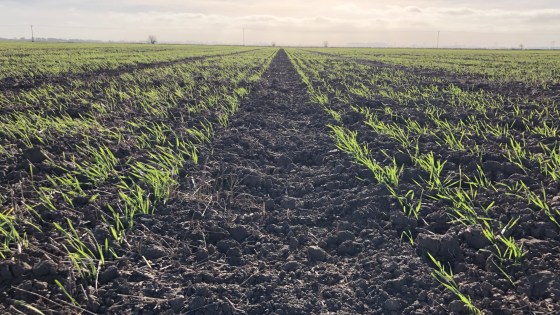
Autumn 2023 & Spring 2024
Whilst the farm missed the storms at the end of September, and they did get their planned arable acreage planted in the autumn, the season has still presented some challenges for Richard.
“We’ve lost probably about 1% through the winter due to the excessive amount of rain we’ve had. However, crops on the whole have put up with it quite well and I’ll take the position that I’m in at the moment.”
Disease is a real concern, with Richard already identifying significant levels of septoria.
“There’s a lot of juvenile septoria at the bottom of the crops so if we don’t start to get some dry weather going forwards, that’s obviously going to start coming up through the crop as we go through extension, so we do need it to dry up to stop that septoria pressure.”
